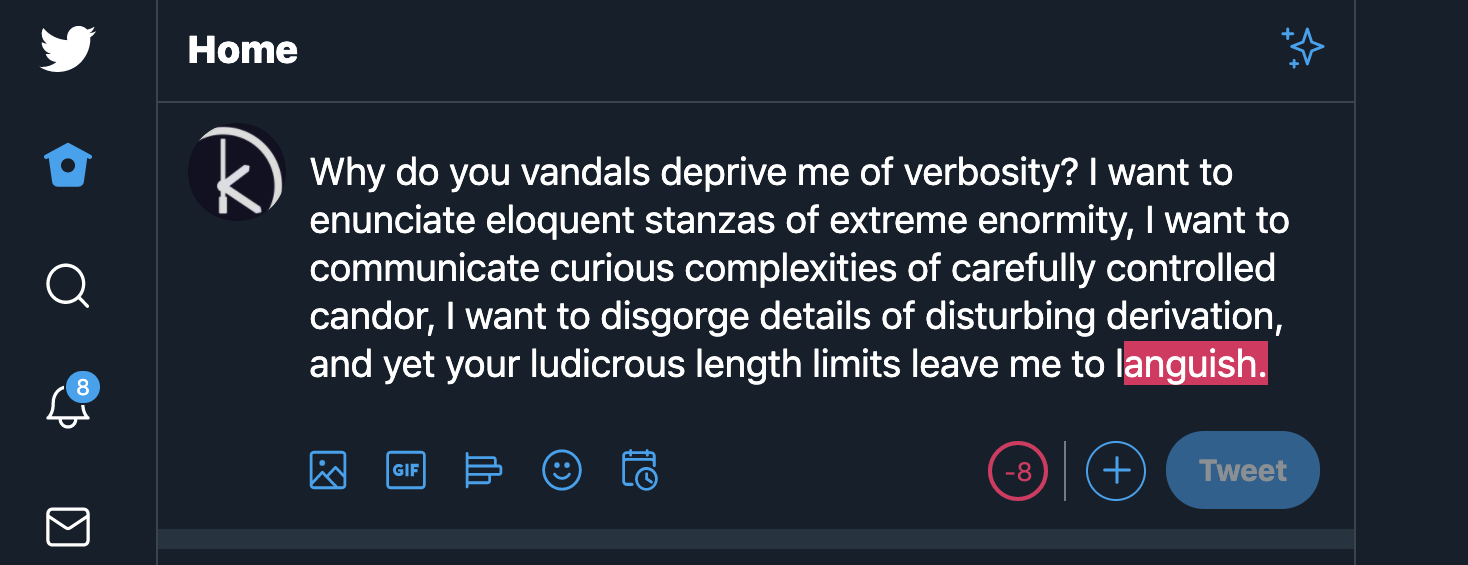Know Your Historical Context
I recently turned 30. For a lot of people, capping off another decade like this can a pretty sobering experience.
For me? Eh. I saw it coming.1 Back when I turned 27, I remember noticing that the addition of one year caused people to change from rounding down to 25, to rounding up to 30. “I’m not old yet,” I thought, “but I do think I’m running out of youthfulness.”
But there’s a silver lining to all this: I now have more social license to be the grouchy old man that I was always meant to be. “Get off my lawn!” I’ll shout, assuming I can ever afford a house big enough to have a lawn.
So I’ll start now with one example: it’s really striking how things that you saw develop over the course of your life end up being taken for granted by those who are younger. For them, this is the way things have always been. For you, you can trace it back through your memories: these were decisions that were made in a specific historical context, and have been maintained due to inertia even when the context for them breaks down.
So in this article, I want to focus on a specific example of this from the tech world, that I’m surprised people don’t talk about more explicitly:

Twitter’s character limits.
-
That said, I didn’t expect that I’d be celebrating it quietly during a massive pandemic, but I won’t get into that in this article. We’re all living through this, I’m sure you don’t need me to tell you about it. ↩︎
